I wrote this article in Japanese and translated it into English using ChatGPT. I also used ChatGPT to create the English article title. I did my best to correct any translation mistakes, but please let me know if you find any errors. By the way, I did not use ChatGPT when writing the Japanese article. The entire article was written from scratch by me, Saikawa Goto.
Introduction
Movies and books covered in this article

Three takeaways from this article
- The reality of survivors of the fire, where 27 people died and 180 were injured, losing their lives one after another in hospitals, and the political corruption behind it.
- The Social Democratic Party, which had carried out crazy politics, was forced to resign, but won a “landslide victory” in the next election and returned to power.
- I want young people who dislike “criticism” to recognize that “criticism” is necessary against those in power.
Self-introduction article


Published Kindle books(Free on Kindle Unlimited)
“The genius Einstein: An easy-to-understand book about interesting science advances that is not too simple based on his life and discoveries: Theory of Relativity, Cosmology and Quantum Theory”
“Why is “lack of imagination” called “communication skills”?: Japanese-specific”negative” communication”
The quotes used in this article are based on notes taken at the movie theater from movies in Japanese and are not direct quotes from the foreign language original movies, even if they exist.
There are few realities that showcase “state corruption” as vividly as this. The tragedy of Romania is not someone else’s problem


The film shows a man shouting the following during a scene of a citizen’s demonstration.
The biggest investigative journalism in sports newspaper history.

In the movie, the magazine “Gazeta” uncovers the frightening corruption of the state, but it seems that this newspaper is a “sports paper.” I’m not sure if it’s appropriate to compare foreign newspapers and Japanese newspapers, but for now, it seems that “Gazeta” is not like “the Asahi Shimbun” or “the Yomiuri Shimbun.”
The fact that such a newspaper was able to make a huge scoop that even surprised Romania and other countries is also a very interesting point of this movie.
The Shocking Truth Uncovered by “Gazeta” Magazine
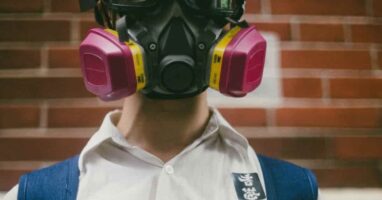
The following truths are revealed in this film:
The disinfectant solution that was delivered to the hospital was diluted 10 times at the factory before shipping, and the hospital further diluted the solution excessively before using it.
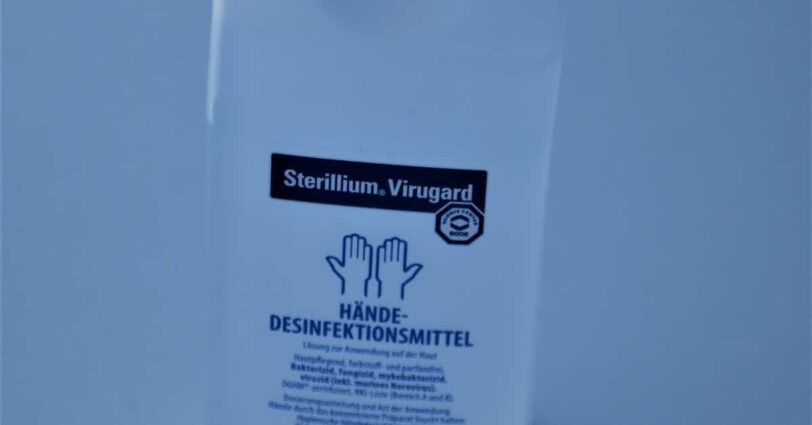
Why did this kind of scandal come to light? It all started with the fire that occurred at a live house called “Collective” on October 30, 2015, which is also the title of the movie. The live house had only one entrance and exit, causing people to pile up and collapse while trying to escape. This resulted in a major disaster with 27 fatalities and 180 injuries.
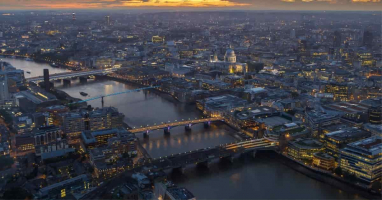
However, that’s not the end of it. Those who survived the fire had to be hospitalized, but 37 of them died in the hospital over a period of four months. The Health Ministry stated that “there was no mistake in providing the best medical care” and “there were no deficiencies in medical care.” However, the investigation by Gazeta magazine, with the cooperation of informants, uncovered astonishing facts. It was revealed that the company “Hexy Pharma,” which manufactures disinfectants in Romania, had supplied hospitals with disinfectants diluted ten times more than the specified amount. Furthermore, the hospital had diluted the already diluted disinfectant excessively for “cost savings.”
Such disinfectants could not function properly.
The investigation found that those who survived the fire but died in the hospital were found to have died of nosocomial infection caused by Pseudomonas aeruginosa. Pseudomonas aeruginosa does not cause illness even if healthy people are infected, but it can cause Pseudomonas aeruginosa infection in those with weakened immunity. Presumably, if proper disinfection had been carried out, their lives would not have been lost.

This documentary film is shocking because it exposes the reality of corruption in Romania’s medical system… or at least, that’s what one might think. In fact, the corruption is revealed early on in the film. The fight between Gazeta magazine and the documentary film production team started with the revelation of the “dilution of disinfectant,” in a way.
As a result of Gazeta’s series of reports, demonstrations and opposition movements intensified domestically, eventually forcing the ruling Social Democratic Party to resign. This was because it became clear that the issue was not just a “scandal involving one company.” Until the next election, “non-partisan practitioners” took the top positions and were responsible for the practical side of politics. And they were shocked by the extent of corruption they discovered, which was so severe that one might say the state was not even functioning properly. This documentary portrays the terrible reality of “political corruption.”
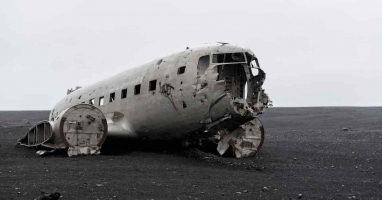

However, even this point wasn’t what the film really wanted to depict, in my opinion. The reason for that lies in the ending of the movie. Romania had its election day and a national referendum was held, but the result was a “landslide victory” for the Social Democratic Party, which had once been forced to resign due to its long-standing corrupt politics.
It was in this point that I felt the film creators’ “resignation” and “frustration.”
Faced with the reality that “the majority of the nation supports the Social Democratic Party’s governance,” they must have thought that “self-purification can no longer be expected.” By questioning the reality of Romania to the world, they may have wanted to convey the “appalling corruption of Romania,” the “reality that cannot be changed by self-purification,” and the “fact that there are still those with a conscience.” I felt that this was what the movie wanted to convey.

Despite the Revelation of so Many Scandals, Why do the People Support the Social Democratic Party?
Even in Japan, there are times when politicians are able to gather support as if their past scandals never happened. But can we really equate that with what happened in Romania? In Romania, many lives were lost due to political corruption. Also in the first place, I cannot tolerate a situation where I have to worry about whether the disinfectant or medicine I receive is safe during treatment.
So, knowing that it was the Social Democratic Party who had been running the country in such a manner, it would be normal to assume that they would not be chosen by anyone with common sense. Moreover, the situation of their “landslide victory” is simply inconceivable.
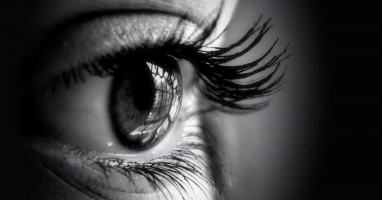
So, I was surprised by the election results.
Although there may be various reasons for the “landslide victory,” the movie introduced such a manifesto of the Social Democratic Party:
Those involved in healthcare and IT are exempt from taxation regardless of income.

I don’t really know how much this proposal is accepted by the people and how feasible it is as a policy in a country like Romania. However, since they have won by promoting such a “stupid” manifesto, it should be considered that it was accepted by the people and believed to be highly feasible. If that’s the case, it should also be that people voted based on the idea that “it’s okay even if healthcare is terrible as long as it’s non-taxable.”

This judgment feels very scary to me.
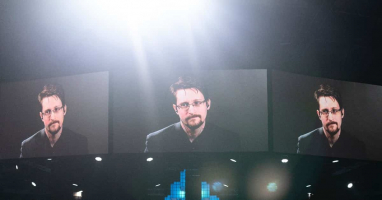
In the movie, it was shown that the voter turnout rate for 18 to 24-year-olds was 5% and 28 to 34-year-olds was 10%. It’s a strange age classification and it’s also concerning that there is no data for those aged 25 to 27, but it’s clear that the turnout rate is remarkably low. Voter turnout in Japan is also low, and it becomes even lower among younger generations, but the voter turnout rate for Japanese people in their 20s to 30s is still around 30-50%. It’s incomparable.

The reason for the abnormally low voter turnout rate among Romanian young people is probably because they are desperate about the country, and if that’s the case, there may be no hope for improving the current situation.
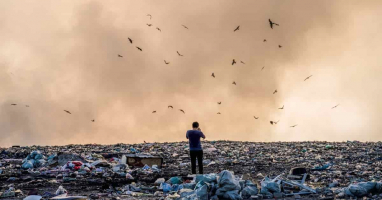
When a scandal caused a complete change of government ministers, an independent professional named Voiculescu became the Health Ministry minister and is portrayed as the hero in the second half of the movie. He understands the misery of Romania’s healthcare system and struggles to face that reality. He works tirelessly to establish a healthy healthcare system and tries to move forward while confronting the harsh realities of uncooperative bureaucrats and blatant pressure from the Social Democratic Party.
However, nothing seems to work out well, and the situation remains unchanged.

Voiculescu seems to be from Vienna, as there is a scene in the movie where he receives a phone call from his father who lives there. His father tells him,
This country won’t wake up even after 30 years. Come back to Vienna. You can help people here. It’s all in vain there even if you keep pushing.
Even from an outsider’s perspective, it seems that Romania seems to be a harsh country. Voiculescu tries his best to persevere, but he will probably step down from his position as minister halfway through.

The movie is not very explanatory overall, and you need to follow along imagining who is doing what and where. Most of the scenes are understandable that way, so there’s no problem. However, I felt like I wanted an explanation just for the last scene. Depending on how you interpret it, it can be very “ominous.” The movie ends with a very hard-to-interpret scene, and in the end, we still don’t know what happens in Romania after the Social Democratic Party wins.
The movie was filmed before the COVID-19 pandemic. If Romania had entered the pandemic with the corrupt political system depicted in the movie still in place, I think the situation would have been disastrous. When I searched the internet, I found an article that said, “Vaccinations are not progressing at all due to strong political distrust.” In a country that dilutes disinfectants without hesitation, they certainly can’t trust whatever they’re calling a “vaccine.”

Anyway, all we can do is hope that citizens can live in peace.
The Importance of “Monitoring Power”

This movie emphasizes the importance of “monitoring power.”
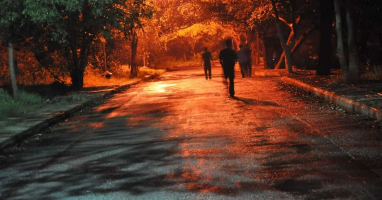
During an appearance on television by Tolontan, a journalist for “Gazeta” magazine, there was a moment when he said the following:
When the media gives in to power, the state will oppress its people. This has happened all over the world.
We are now seeing this happen with Russia, which has invaded Ukraine. There are also many indications that the former government in Japan is increasing its intervention in the media.
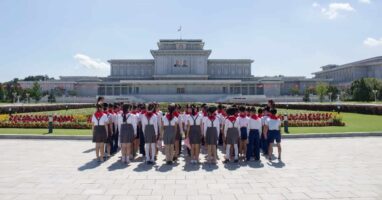
Voiculescu also said,
After the fire, everyone’s silence allowed the government’s lies.
Ultimately, if we do not have the consciousness of “monitoring power,” it means that the power can corrupt itself as much as it wants.
I have heard several times before that “the younger generation dislikes ‘criticism'”.

Certainly, I understand the feeling that “people who just criticize don’t look good.” However, I also think that we should not confuse “ordinary criticism” with “criticism of power.” I also don’t like people who “start everything with criticism.” However, when it comes to “politics” or “power,” we should have the consciousness of “engaging on the premise of criticism.”

In Romania, where the Social Democratic Party was once forced to resign due to demonstrations and protests, the party has returned to power in the form of a “landslide victory.” I think this is because “appropriate criticism” did not function.

Japan may still be an easy country for “criticism” of politics. Unlike Russia, we won’t be arrested for participating in a protest. Living in such a healthy country, we must consciously “monitor those in power” to maintain that health as long as possible.

In the movie “Collective,” it depicts the “end result of a state where ‘monitoring those in power’ no longer functions.” By knowing this reality, I hope you reconsider how to relate to power.
Conclusion

In a certain scene in the movie, a doctor who provided a scoop video to the Gazeta magazine says,
If I may borrow my mother’s words, we are no longer human. As doctors, we only think about money.
Do you want to live in a country like this? We must make choices and decisions to avoid becoming like Romania.

Published Kindle books(Free on Kindle Unlimited)
“The genius Einstein: An easy-to-understand book about interesting science advances that is not too simple based on his life and discoveries: Theory of Relativity, Cosmology and Quantum Theory”
“Why is “lack of imagination” called “communication skills”?: Japanese-specific”negative” communication”

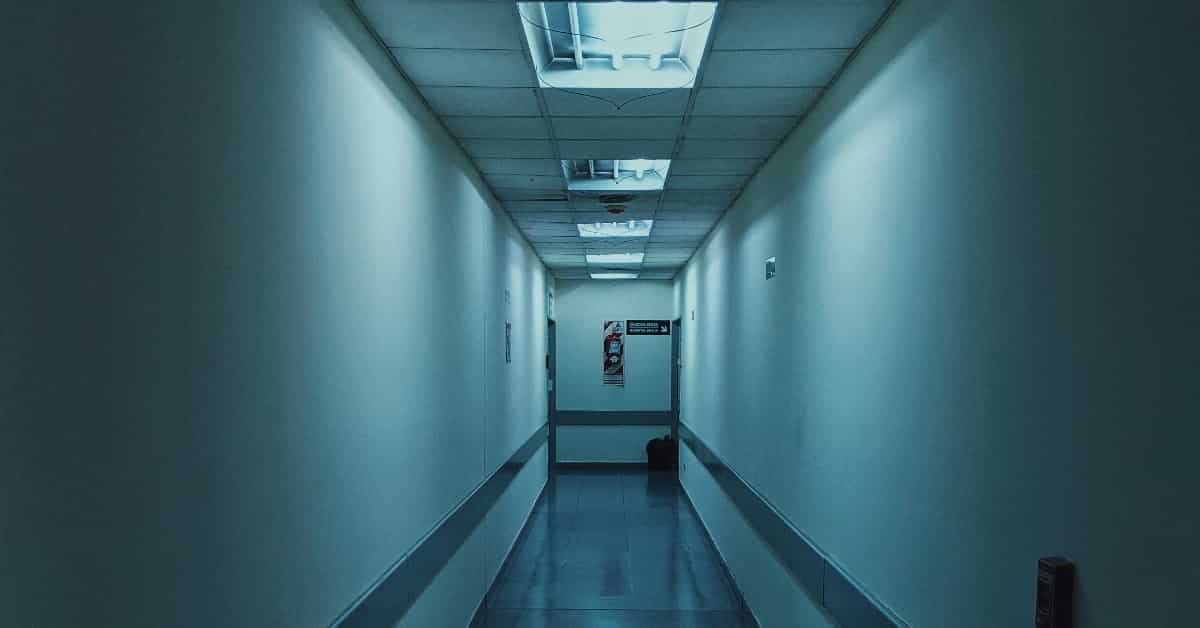





コメント